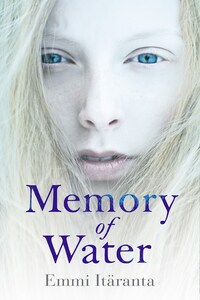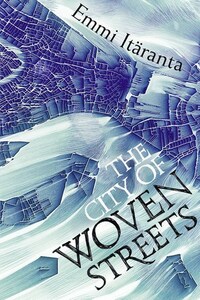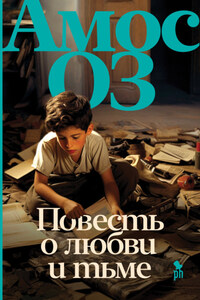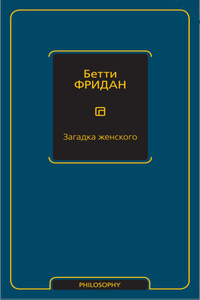Everything is ready now.
Each morning for seven weeks I have swept the fallen leaves from the stone slabs that form the path to the teahouse, and forty-nine times I have chosen a handful among them to be scattered on the stones again, so the path wouldn’t look too much like it had been swept. That was one of the things my father always insisted on.
Sanja told me once the dead don’t need pleasing. Perhaps they don’t. Perhaps I do. Sometimes I don’t know the difference. How could I, when they are in my blood and bones, when all that is left of them is me?
I haven’t dared to go to the spring in seven weeks. Yesterday I turned on the tap in the house and held the mouth of the waterskin to its metal. I spoke to it in pretty words and ugly words, and I may have even screamed and wept, but water doesn’t care for human sorrows. It flows without slowing or quickening its pace in the darkness of the earth, where only stones will hear.
The pipe gave a few drops, perhaps a spoonful, into my waterskin.
I know what it means.
This morning I emptied the rest of the water from the skin into the cauldron, brought some dried peat from the shed into the teahouse and placed the firestarter next to the hearth. I thought of my father, whose wishes I had violated, and my mother, who didn’t see the day I became a tea master.
I thought of Sanja. I hoped she was already where I was going.
A guest whose face is not unfamiliar is walking down the path, offering me a hand I’m ready to take. The world will not spin slower or faster when we have passed through the gate together.
What remains is light on water, or a shifting shadow.
Water is the most versatile of all elements. So my father told me the day he took me to the place that didn’t exist. While he was wrong about many things, he was right about this, so I still believe. Water walks with the moon and embraces the earth, and it isn’t afraid to die in fire or live in air. When you step into it, it will be as close as your own skin, but if you hit it too hard, it will shatter you. Once, when there were still winters in the world, cold winters, white winters, winters you could wrap yourself in and slip on and come in to warm from, you could have walked on the crystallized water that was called ice. I have seen ice, but only small, man-made lumps. All my life I have dreamed of how it would be to walk on frozen sea.
Death is water’s close companion. The two cannot be separated, and neither can be separated from us, for they are what we are ultimately made of: the versatility of water, and the closeness of death. Water has no beginning and no end, but death has both. Death is both. Sometimes death travels hidden in water, and sometimes water will chase death away, but they go together always, in the world and in us.
This, too, I learned from my father, but I now believe I would have learned it without him just as well.
I can pick my own beginning.
Perhaps I will pick my own end.
The beginning was the day when my father took me to the place that didn’t exist.
It was a few weeks after I had taken my Matriculation Tests, compulsory for all citizens the year they came of age. While I had done well, there was never any question that I would remain in my current apprenticeship with my father instead of continuing my studies in the city. It was a choice I had felt obliged to make, and therefore, perhaps, not really a choice. But it seemed to make my parents happy, and it didn’t make me miserable, and those were the things that mattered at the time.
We were in our garden behind the teahouse, where I was helping my father hang empty waterskins to dry. A few of them were still draped on my arm, but most were already hanging upside down from the hooks on the metal rack. Sunlight filtered in veils through their translucent surfaces. Slow drops streaked their insides before eventually falling on the grass.
‘A tea master has a special bond with water and death,’ my father said to me as he examined one of the skins for cracks. ‘Tea isn’t tea without water, and without tea a tea master is no tea master. A tea master devotes his life to serving others, but he only attends the tea ceremony as a guest once in his lifetime, when he feels his death approaching. He orders his successor to prepare the last ritual, and after he has been served the tea, he waits alone in the teahouse until death presses a hand on his heart and stops it.’
My father tossed the waterskin on the grass where a couple of others were already waiting. Mending the skins didn’t always work out, but they were expensive, like anything made of durable plastic, and it was usually worth a try.









